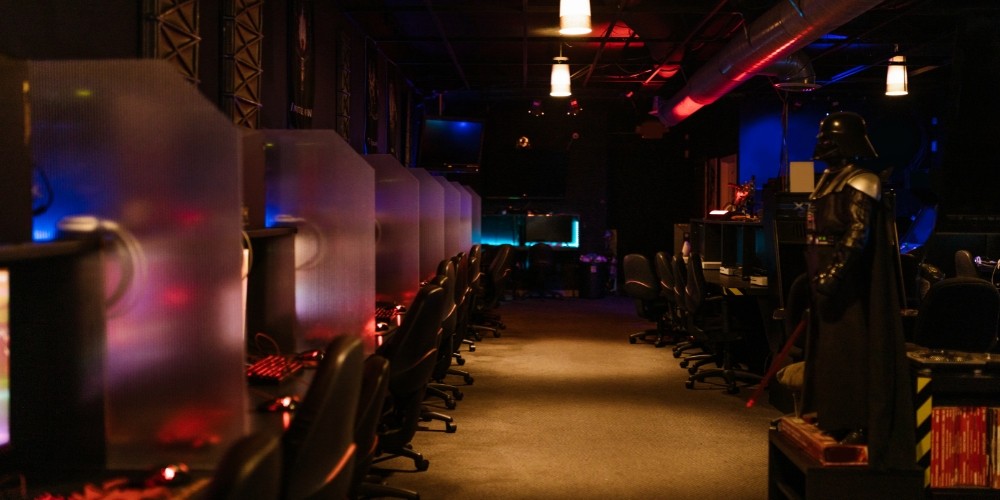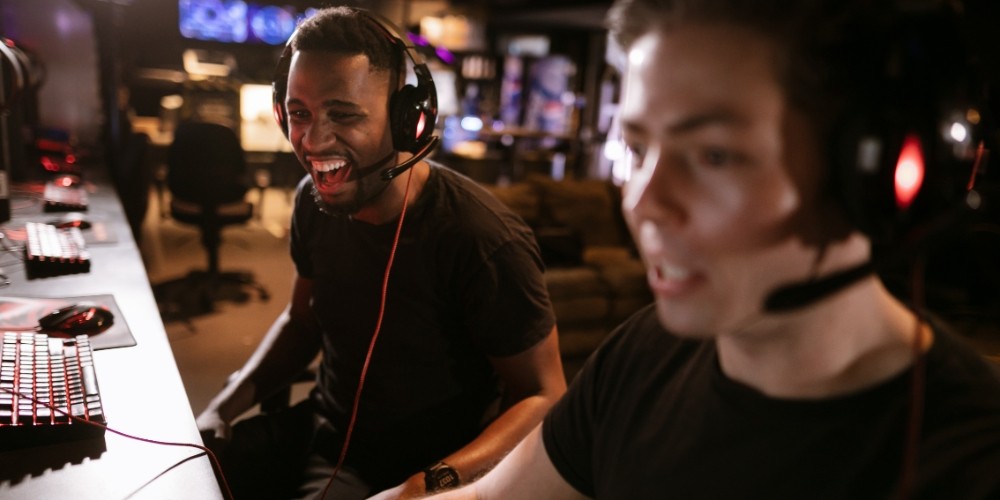Esports: The Ascent of Competitive Play and Its Impact on Culture
- Jan 16, 2024
- 597

A New Arena: The Early Days of Esports
Esports, or electronic sports, has its humble beginnings in the arcades of the 1980s, where competitive gaming first captured the imagination of players. Early tournaments were informal, driven by the community and the sheer love for gaming. This period laid the groundwork for what would evolve into a structured competitive scene, marking the inception of Esports as we know it today.
Mainstream Recognition: The Tipping Point
While competitive gaming was growing steadily, it was not until the late 1990s and early 2000s that Esports truly exploded onto the mainstream scene. This was largely thanks to the internet and advancements in gaming technology, which made it possible to organize larger tournaments and attract viewers and participants from around the globe. Games like "StarCraft" and "Counter-Strike" became symbols of this new era, drawing unprecedented crowds and setting the stage for the future.
Building an Industry: The Rise of Professional Esports
As interest in Esports surged, so did the need for a more organized structure. This period saw the formation of professional teams, leagues, and associations, transforming what was once a hobby into a legitimate career path. Sponsorships and advertising entered the fray, financializing the industry and elevating competition stakes.

Cultural Impact: Changing Perceptions of Gaming
The rise of Esports has significantly altered perceptions of gaming, elevating it from a stereotypical pastime to a respected competitive discipline. This shift is not just seen in the increasing viewership and funding but in how society begins to recognize gaming as a valuable part of modern culture, akin to traditional sports.
Global Stage: The Internationalization of Esports
Esports is a global phenomenon, with tournaments taking place on every continent and players from countless countries participating. This internationalization has fostered a unique cultural exchange, as players and fans interact within this diverse community, sharing strategies, styles, and experiences.
Technological Evolution: Streaming and Social Media
The accessibility of streaming platforms like Twitch and the power of social media have been instrumental in the growth of Esports. They enable enthusiasts to seamlessly track their preferred teams and athletes, fostering a direct link that conventional sports seldom achieve. This has not only expanded the audience for Esports but has also enhanced the viewing experience with real-time interaction.

Economic Impact: A Multi-Billion Dollar Industry
Today, Esports is a lucrative industry, generating billions in revenue worldwide through tournament prize pools, advertising, merchandising, and broadcasting rights. Its economic impact extends beyond direct revenues, as it also stimulates growth in related sectors such as gaming hardware, software, and online services.
Education and Esports: An Emerging Synergy
Recognizing the value of the skills developed in competitive gaming, such as strategic thinking, teamwork, and communication, educational institutions are beginning to embrace Esports. Scholarships, varsity teams, and Esports curricula are becoming more common, further legitimizing the field and providing new opportunities for students.
Challenges and Controversies
Despite its achievements, the Esports industry faces challenges, including concerns about player welfare, mental health, and burnout due to the intense competition and training schedules. Additionally, issues such as doping, match-fixing, and online toxicity are important hurdles that the community continues to address.
The Future of Esports: Beyond the Game
The future of Esports promises further integration with traditional industries, groundbreaking technological advancements, and deeper cultural resonance. As the development of virtual and augmented reality technologies progresses, they are poised to deliver increasingly captivating and competitive experiences, potentially drawing in a fresh influx of participants and spectators.

Inclusion and Diversity: The Ongoing Journey
As Esports matures, there is a growing focus on promoting inclusion and diversity within the community. Efforts are being made to create more opportunities for underrepresented groups and to foster an environment that respects and celebrates diversity, recognizing that the strength of Esports lies in its global and inclusive nature.
A New Legacy: Esports Cultural Legacy
Esports has transcended its origins to become a defining element of 21st-century culture. Its impact extends beyond mere entertainment, influencing areas such as technology, education, and social interaction. As it continues to grow, Esports will undoubtedly forge a new legacy, shaping the future of digital entertainment and competitive sports.